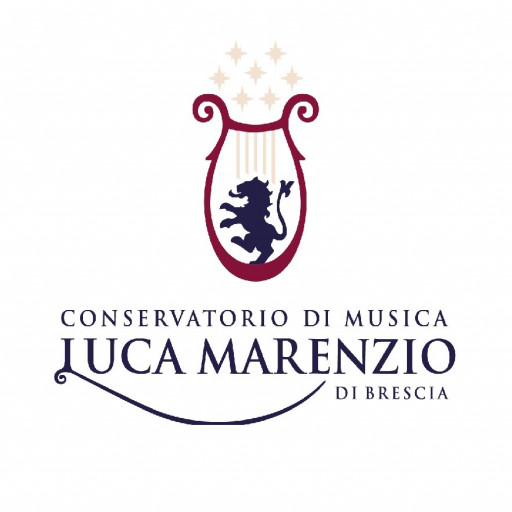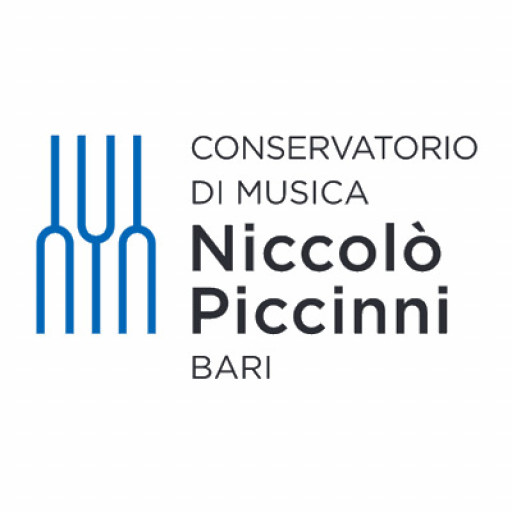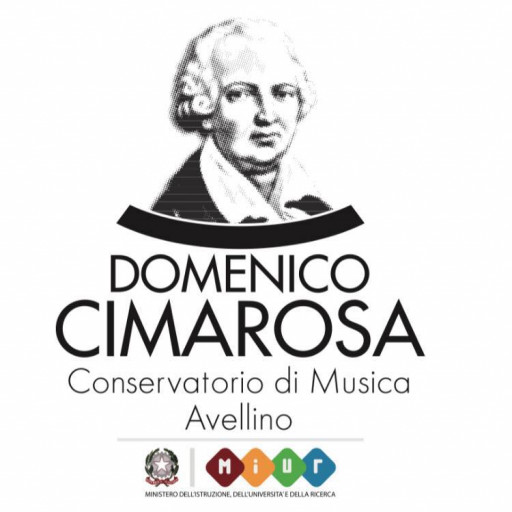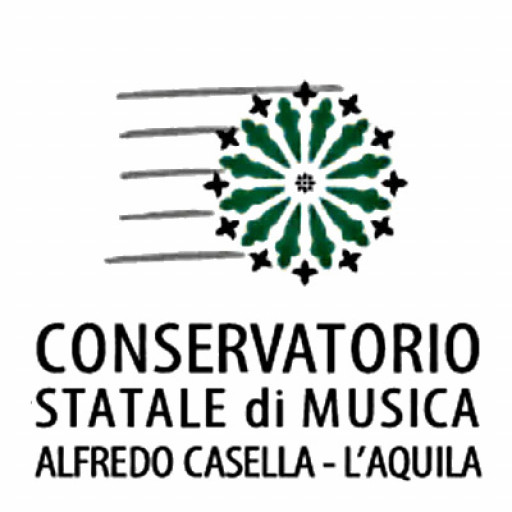Photos of university / #oxford_uni
The Bachelor of Music (BMus) program at the University of Oxford offers an exceptional opportunity for students to develop their skills, knowledge, and understanding of music within a historic academic environment. This rigorous undergraduate degree combines comprehensive musical training with academic study, enabling students to explore a wide range of musical disciplines including performance, composition, musicology, and ethnomusicology. The course is designed to foster intellectual growth, creative development, and technical proficiency, preparing graduates for careers in performance, teaching, research, or further study.
Throughout the program, students engage in intensive individual training in their chosen specialism—whether that be instrumental or vocal performance, composition, or a combination of areas—building technical mastery and interpretative insights. Accompanying this practical focus is an extensive curriculum that includes the study of music theory, history, and analysis, providing a broad contextual understanding of music's role across different periods, genres, and cultures. Students also have opportunities to participate in collaborative projects, workshops, and performance ensembles facilitated by experienced tutors and professional musicians.
The program emphasizes research skills and critical thinking, encouraging students to undertake independent projects, concert reviews, and scholarly essays. Courses are enriched by access to the university’s world-renowned music libraries, archival resources, and concert venues, offering students a vibrant environment for experiential learning. Additionally, students benefit from the university’s extensive network of partnerships with cultural institutions, orchestras, and conservatories, enhancing their practical experience and professional development.
The Oxford music program fosters a collaborative academic community, where students interact with peers, faculty, and visiting practitioners who are leading figures in the field. Assessment methods include practical examinations, written assignments, research projects, and performances, all designed to prepare students for professional excellence. Graduates of the program leave with a well-rounded skill set, deepened musical understanding, and as members of the esteemed University of Oxford, they gain the prestige and resources associated with one of the world’s top universities. Whether aiming to pursue a career as a performer, composer, scholar, or educator, students will find this program to be a rigorous and inspiring pathway into the multifaceted world of music.
- Four to six lectures a week
- One or two tutorials in college
- Practice, workshops and rehearsals
- More time for independent study in the summer terms.
| 1st year | |
|
Courses Six subjects are taken (one chosen from a list of options) Compulsory
|
Assessment Three written papers and one ‘take-away’ paper, a practical examination and a recital/portfolio of compositions/essay |
| 2nd and 3rd years | |
|
Courses Eight subjects are taken (six chosen from a list of options) Compulsory
|
Assessment Final University examinations: Three or more written papers and a combination of take-away papers, portfolio submissions, recitals and practical tests, depending on the options chosen |
- Attestat o Srednam Obrazovanii (Certificate of Secondary Education) would not be sufficient for candidates to make a competitive application. If your qualification is listed as being insufficient to make a competitive application to Oxford, then you will need to undertake further study if you wish to apply.You could take British A-levels (the British Council may know where you can take A-levels in your country), the International Baccalaureate (IB), or any other qualifications listed as acceptable on this page. The first year of a bachelor's degree from another university could also be an acceptable alternative.
- IELTS: overall score of 7.0 (with at least 7.0 in each of the four components)
- TOEFL (paper-based): overall score of 600 with a Test of Written English score of 5.5
- TOEFL (internet-based): overall score of 110 with component scores of at least: Listening 22, Reading 24, Speaking 25, and Writing 24.
- Cambridge English: Advanced, also known as the Certificate of Advanced English (CAE): grade A if taken before January 2015, or a score of at least 185.
- Cambridge English: Proficiency, also known as the Certificate of Proficiency in English (CPE): grade B if taken before January 2015, or a score of at least 185.
- English Language GCSE, or O-level: grade B (for IGCSE, please see below)
- International Baccalaureate Standard Level (SL): score of 5 in English (as Language A or B)
- European Baccalaureate: score of 70% in English.
Hill Foundation Scholarship
Russian nationals wishing to study for a second undergraduate degree.
Palgrave Brown Scholarship
Students must be ordinarily resident in and/or educated in the following countries:
Albania; Armenia; Azerbaijan; Belarus; Bosnia and Herzegovina; Bulgaria; Croatia; Czech Republic; Estonia; Georgia; Hungary; Kazakhstan; Kyrgyz Rep.; Latvia; Lithuania; Macedonia; Moldova; Montenegro; Poland; Romania; Russia; Serbia; Slovakia; Slovenia; Tajikistan; Turkmenistan; Ukraine; Uzbekistan.
The University of Oxford offers a comprehensive and highly esteemed program in Music, designed to cultivate both practical performance skills and a deep scholarly understanding of music across a broad historical and cultural spectrum. The program typically encompasses a diverse curriculum that includes the study of music theory, history, ethnomusicology, composition, and performance. Students have the opportunity to engage with a wide range of musical genres, from early music and classical traditions to contemporary and world musics.
The course structure often combines intensive coursework, individual research, and practical performance elements. Students are encouraged to develop their analytical skills by examining musical scores, historical contexts, and ethnographic studies. The program emphasizes critical thinking and innovative interpretation, supporting students in developing their own artistic voice while gaining a solid academic grounding. The department provides access to world-class facilities, including lecture halls, practice rooms, a library with extensive music collections, and specialized recording studios.
Supervision and mentorship are essential components of the program, with students working closely with leading academics and professional musicians. This close interaction fosters personalized feedback and support to cultivate students' talents and academic interests. The program often includes opportunities for participation in concerts, recitals, and collaborative projects, giving students practical experience and exposure to professional performance contexts.
The duration of the program typically spans three or four years, depending on the specific degree track and whether a student opts for a Bachelor’s or Doctoral level. The university also encourages interdisciplinary approaches, allowing students to incorporate insights from other fields such as philosophy, history, and cultural studies into their work.
Graduates of the Oxford Music program are well-prepared for careers in various sectors including performance, academia, musicology, arts administration, broadcasting, and publishing. The university’s reputation and extensive alumni network provide valuable connections and opportunities in the music industry worldwide. Overall, the program aims to produce well-rounded musicians and scholars who can contribute innovatively and thoughtfully to the musical landscape.










